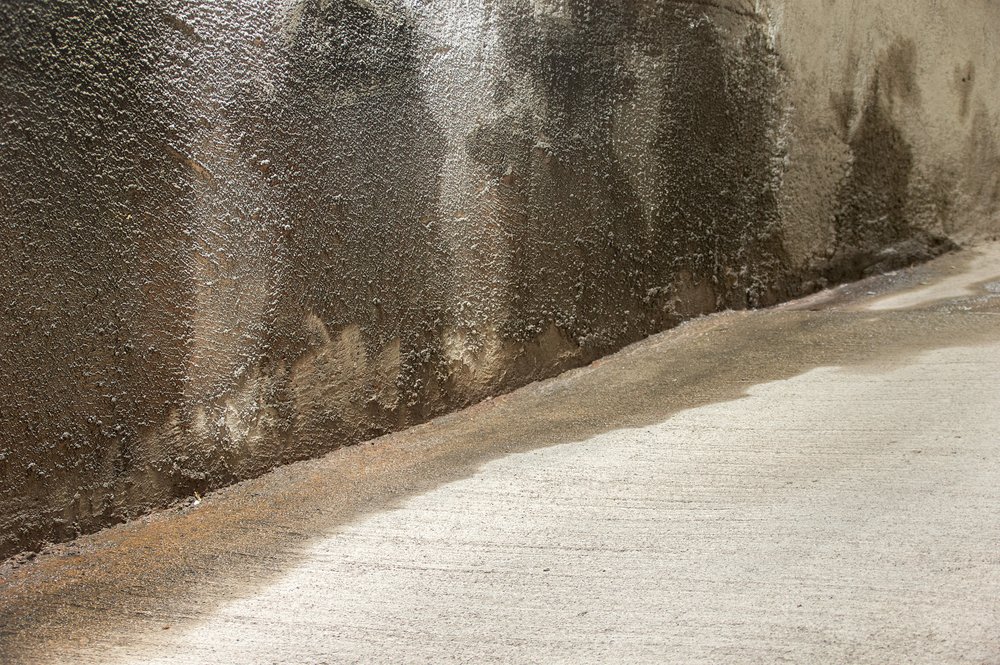Prevent Basement Flooding with These Essential Tips
Mold growth, structural damage, electrical hazards, destruction of valuables…
If you’re a homeowner, you know the menace that we’re describing: flooding.
The presence of water where it’s not supposed to be is a top concern for any property owner.
Water flows and seeps downward until it hits an obstacle it can’t move around or through. So, the part of your home most likely to flood is, of course, the basement.
How can you prevent flooding? Well, there’s no one single step to take, because water can enter your basement in a variety of ways.
So, there are a number of smart moves to make to keep the basement dry and safe. Here are nine key ways to prevent basement flooding:
Gutter and Downspout Maintenance
Make sure that your gutters aren’t clogged. Keep them clean—and if they need constant attention to stay clean, some repairs or replacements may be needed.
Clogged gutters lead to water moving around the gutter rather than through it. Water that can’t get into a gutter tends to splash down heavily in a concentrated spot on the ground, soaking a small area right around your home’s foundation.
It’s also important that your downspouts release water far enough from the home. If the water is released too close, then your gutter system doesn’t really get to do its job, which is to move water away from the home’s foundation.
You can easily add extensions to any downspouts that terminate too close to the house. Adding a splash guard is also helpful to prevent soil erosion at the discharge point.
Fix Inward Slopes
Examine any ditches, holes, and inward slopes near your foundation. Restructure any inward slopes into outward slopes that will move water away from the foundation.
Install an Indoor Drainage Solution
For some homes, it’s necessary to establish an indoor or foundation perimeter drainage solution. This might be a sump pump, a french drain, or a combination of both.
A french drain is basically just a ditch lined with gravel. A strategically placed pipe carries water away from a low spot around the foundation.
A sump pump is situated indoors, in a hole at the low point of a basement or crawl space. When water enters the hole from the sides or underneath, it’s promptly pumped out. Sump pumps are a low-cost solution that can prevent an enormous amount of flood damage.
Whatever system you choose, make sure that it’s appropriately sized for your home. Pumps and pipes are sized for varying water volumes.
Identify Any Openings in Your Foundation
Do a full search for any openings in your foundation such as improperly sealed windows, cracks, vents, etc., and address any issues that you uncover.
Don’t Ignore Ceiling Leaks
Your basement ceiling should never leak. If it does, investigate the problem and call a professional if it’s not easily fixed. You’ll need more than a drip bucket if your leaky ceiling gets out of control.
If You Have a Septic Tank, Drain It As Needed
Household septic tanks typically require pumping every three to five years.
During severe wet weather, your tank may be unable to drain properly due to soil saturation. This can cause indoor flooding.
To help prevent unfortunate septic tank flooding, have your tank inspected and pumped as often as your servicer recommends.
Check Your Indoor Pipes for Leaks, Cracks, or Drips
Regularly inspect your pipes for leaks and other defects. Clean any clogged pipes with a solution or call a professional.
Look Out for Changes in Water Pressure
Water pressure changes are a red flag. Is your shower flowing weakly, or your toilet flushing less water than normal?
This could indicate a crack in a pipe somewhere in the house. Pipe damages aren’t always visible, but they can lead to flooding and other problems.
Shovel Snow Away From Your Home
Snow piled up around your house can melt quickly and seep into the basement. Or, if dense snow turns into ice, this could create cracks in your foundation.
When you shovel your driveway, shovel snow away from your foundation too.
Preventing Home Moisture Damage
Basement flooding is upsetting and costly. Focusing on prevention is an excellent investment to save time and money in the long run.
Dry-Tek Environmental is a Maryland-based business servicing large portions of Maryland and Delaware. We specialize in preventing home moisture damage.
Contact us today to learn more about sump pumps, insulation, and other indoor moisture solutions.


